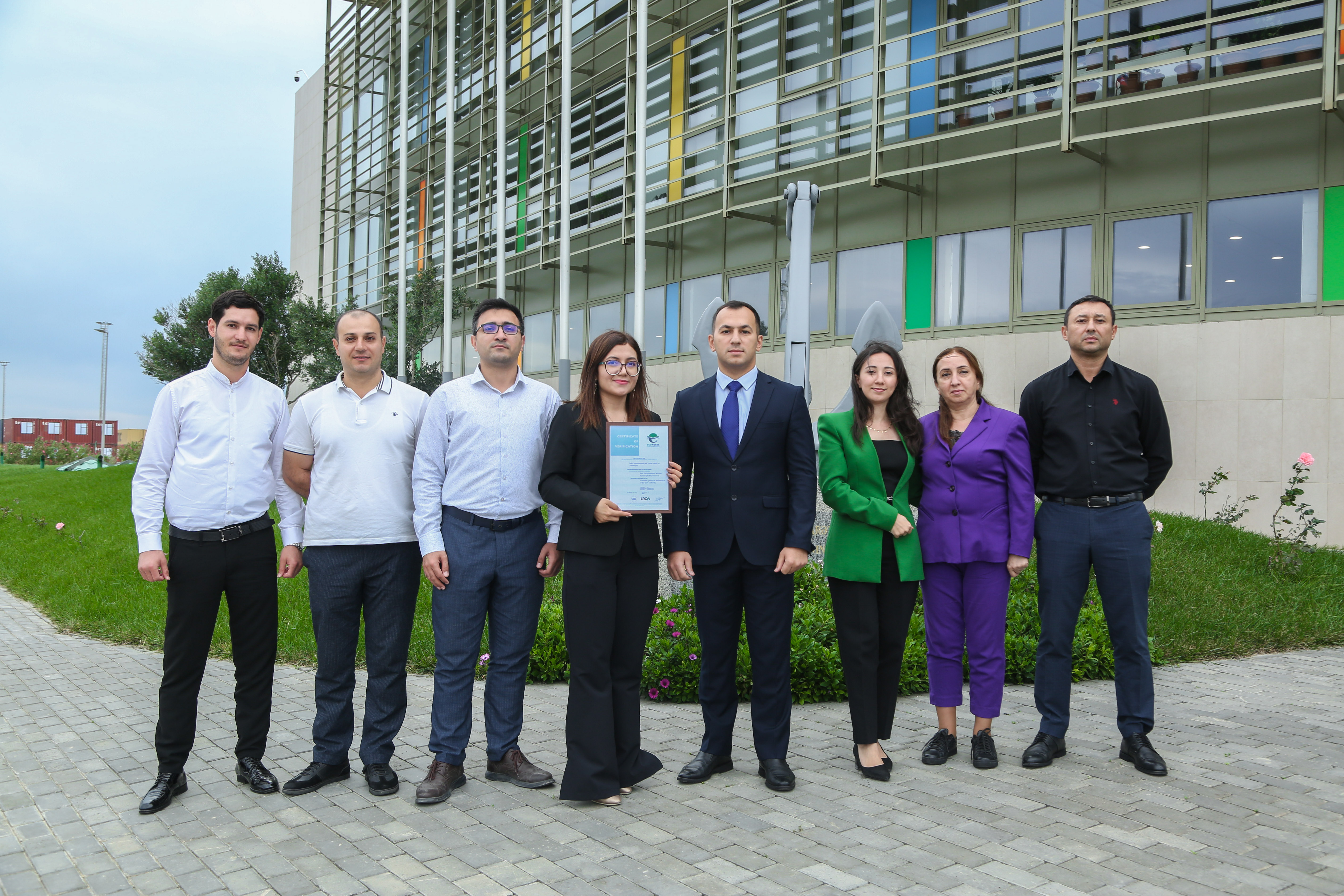News
10 FEBRUARY / 2021 / 17:20
Director-General of the Port of Baku Taleh Ziyadov held an online meeting with local and foreign experts on "Prospects for Regional Development and Cooperation" at the Cambridge University.
On February 10, Port of Baku’s Director-General, Dr. Taleh Ziyadov held an online meeting with about 100 local and foreign experts and academics on "Regional Development and Cooperation Prospects" at the Central Asian Forum of the University of Cambridge.
During the meeting, Director-General firstly stated that after the decisive victory of Azerbaijan, which won the 44-day war under the leadership of President Ilham Aliyev, new opportunities have emerged in the South Caucasus region, which in turn will contribute to the development of transport and logistics.
It was further noted that during the Soviet era, up to 3 million tons of cargo a year was exported and imported from the Julfa transport hub of Nakhchivan into Iran and the near East. One of the important points in the ceasefire declaration signed in Moscow on November 11 was the restoration of the transport corridor between Turkey, Armenia and Azerbaijan. This, in turn, will increase the number of transport corridors in the region and, accordingly, increase the interest of global transport and logistics companies in the South Caucasus region.
As a result, the cargo traffic between Asia and Europe via the Baku Port is constantly growing. It was noted that Turkey's third block train arrived at the Port of Baku on February 6. The convoy carrying medical and chemical products was loaded on a ship at the Port of Baku for 6 hours and sent to the Port of Aktau. The final destination of the cargo is China. On the same day, a ship carrying industrial equipment (compressors) consisting of 36 containers from China to Turkey, Istanbul was discharged at the Port of Baku.
Another noteworthy point is that on February 9, 4,000 Turkish-made household appliances were delivered to Russia via the Baku-Tbilisi-Kars railway and the North-South Transport Corridor.
These developments also prove that the Caspian Basin region is a huge potential consumer market. Around Baku, within a radius of 1,000 kilometers, 130 million people live and is one of the ideal places in the world to create a regional transport and logistics hubs. In light of development of the OBOR project supported by the Chinese government, the Port of Baku can play the role of a hub for the Chinese products sold in the region.
It was brought to the attention of the online audience that in 2019, the Port of Baku for the first time among the Caspian seaports was awarded the certificate of “Green Port” by the European Sea Ports Organization (ESPO) in both operations and the green philosophy for environmental protection is the center of attention.
It was brought to the attention of the audience that 2020 was a very successful year for the Port of Baku, and this year the port's cargo turnover increased by 20%. It was noted that the share of transit cargo was 87% of the total cargo handling, and thus compared to the last 5 years, the volume of large vehicles (TIR) increased by 5 times, containers by 3 times, and dry cargo terminal by 3.5 times.
It also implements the project "Promotion of green ports and connectivity in the Caspian region" jointly with the Organization for Security and Cooperation in Europe (OSCE). The project, which will connect the ports of Baku, Aktau and Turkmenbashi, was another important step in terms of protecting the environment and accelerating port operations in the Caspian region. The project envisages the preparation of a roadmap for the automation and digitalization of 3 ports, the preparation of an appropriate feasibility study to explore the possibility of using renewable energy.
We bring to your attention the video of the meeting.
Click to watch the webinar
Digər xəbərlər
Bütün xəbərlər



